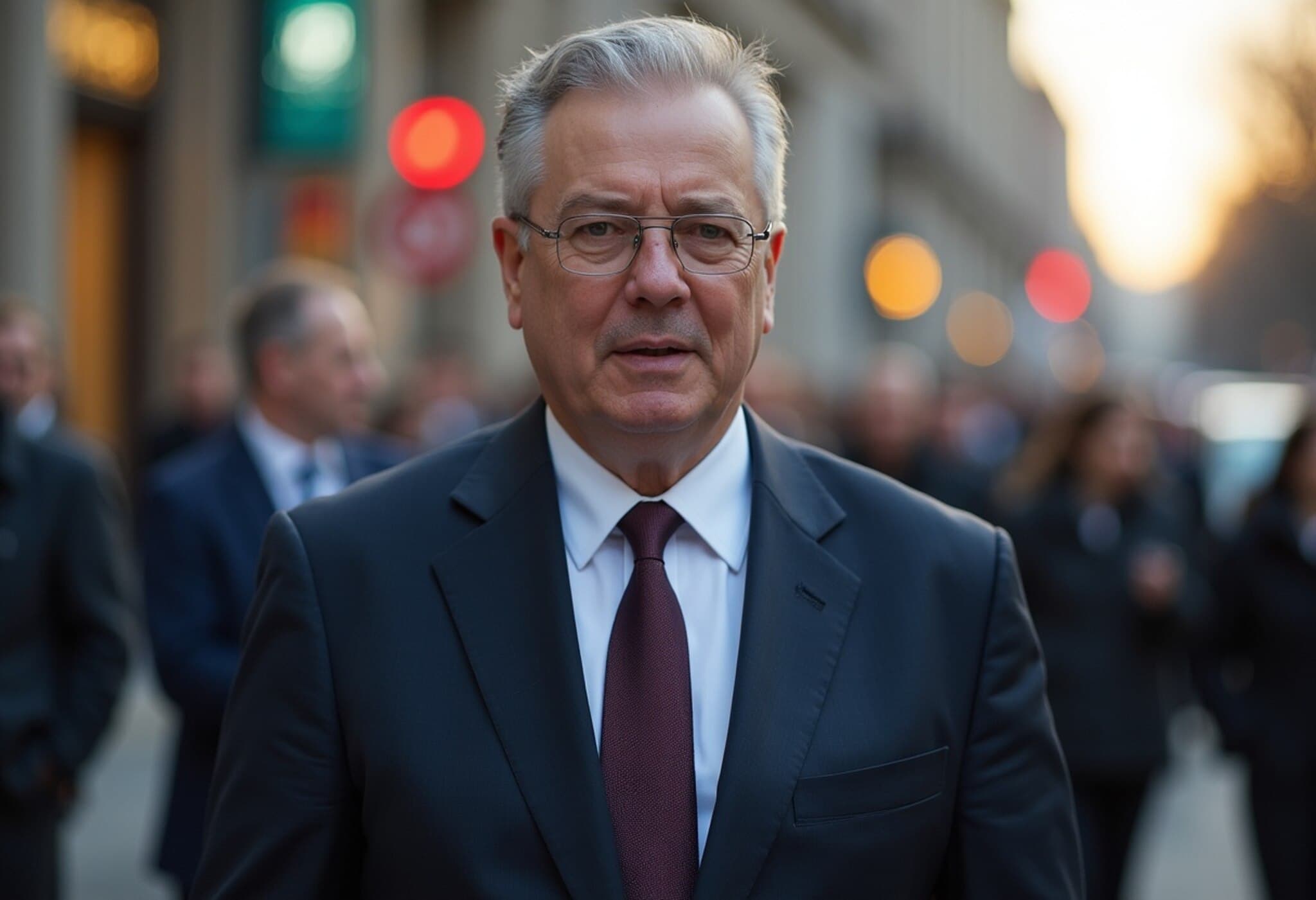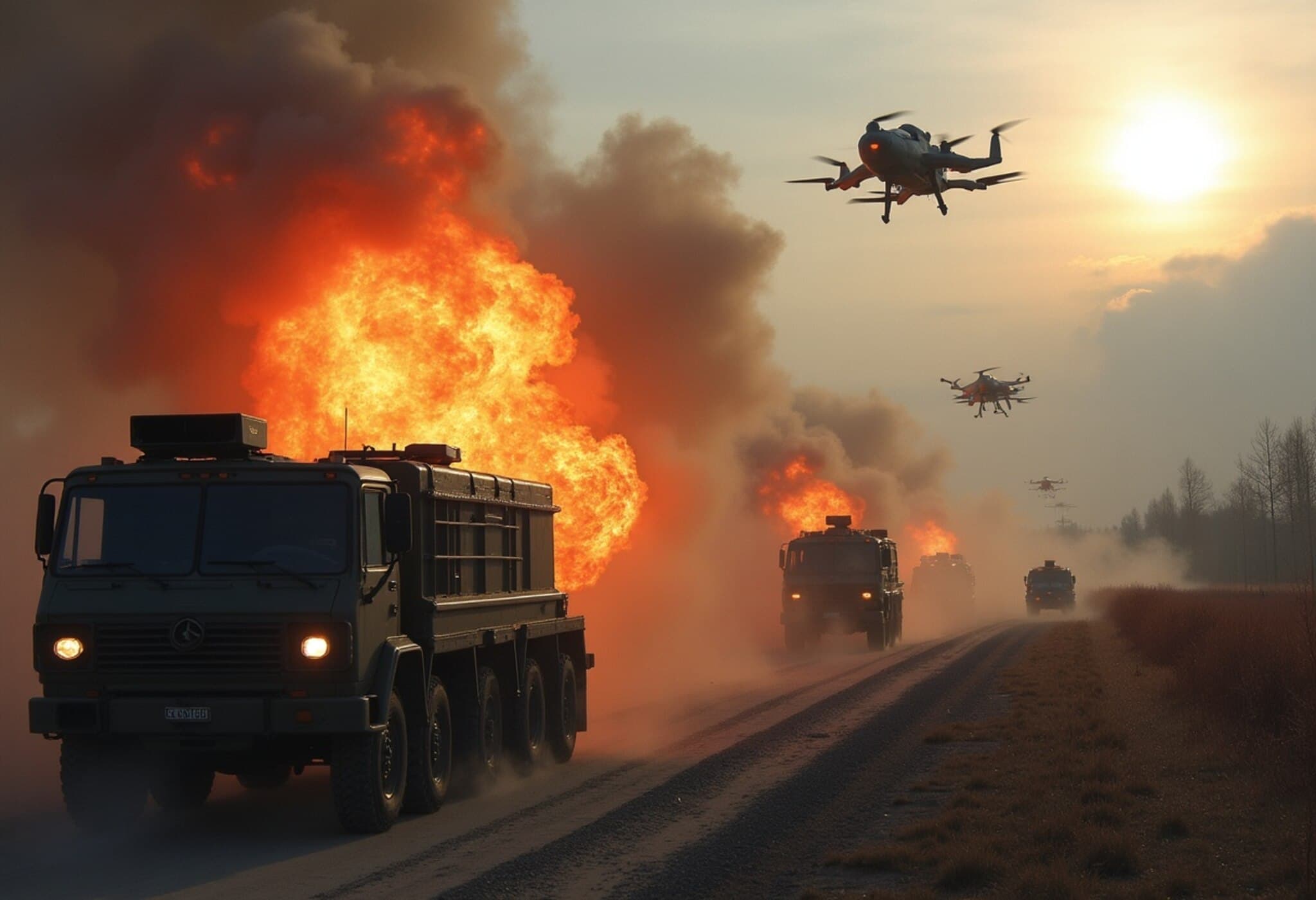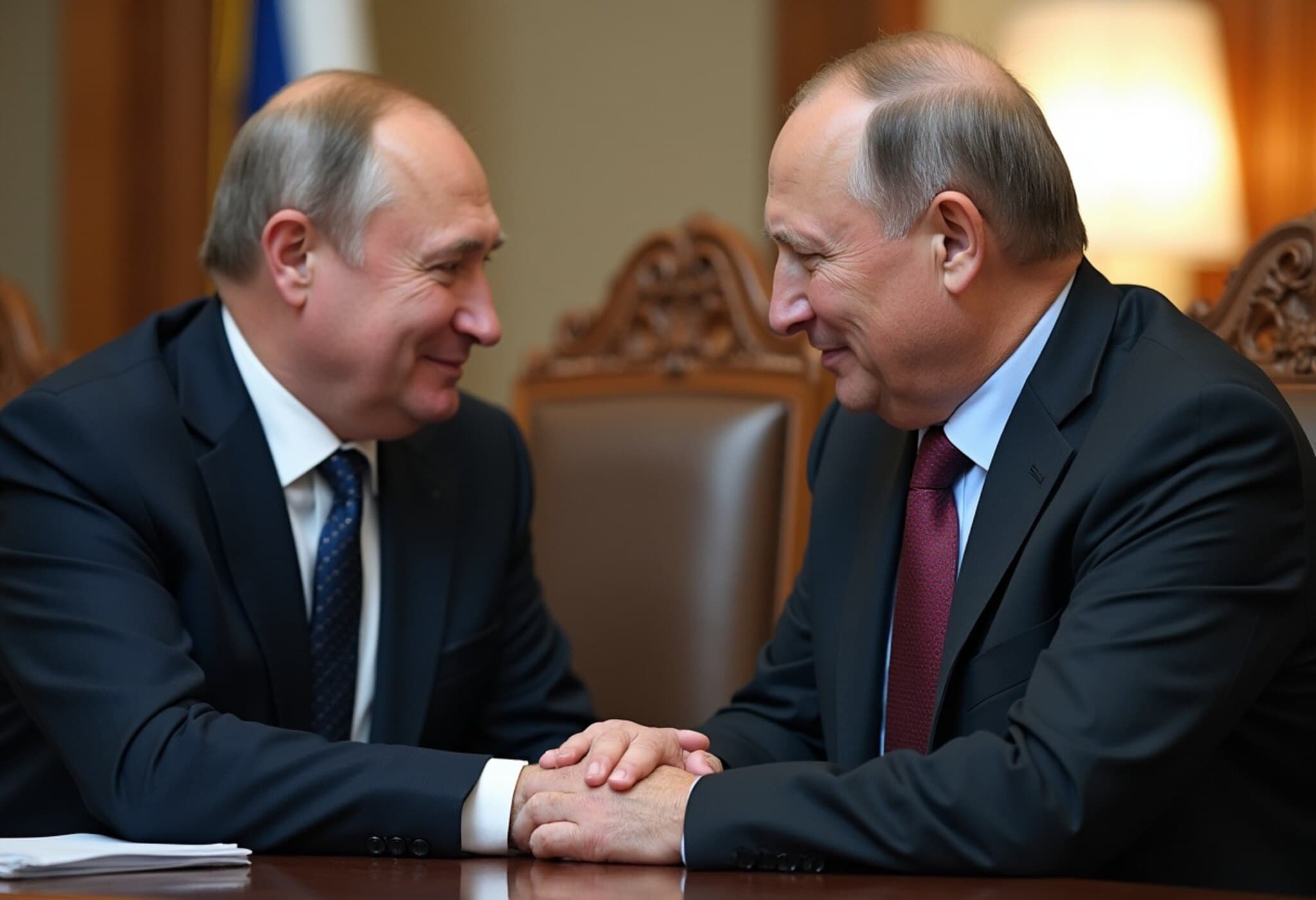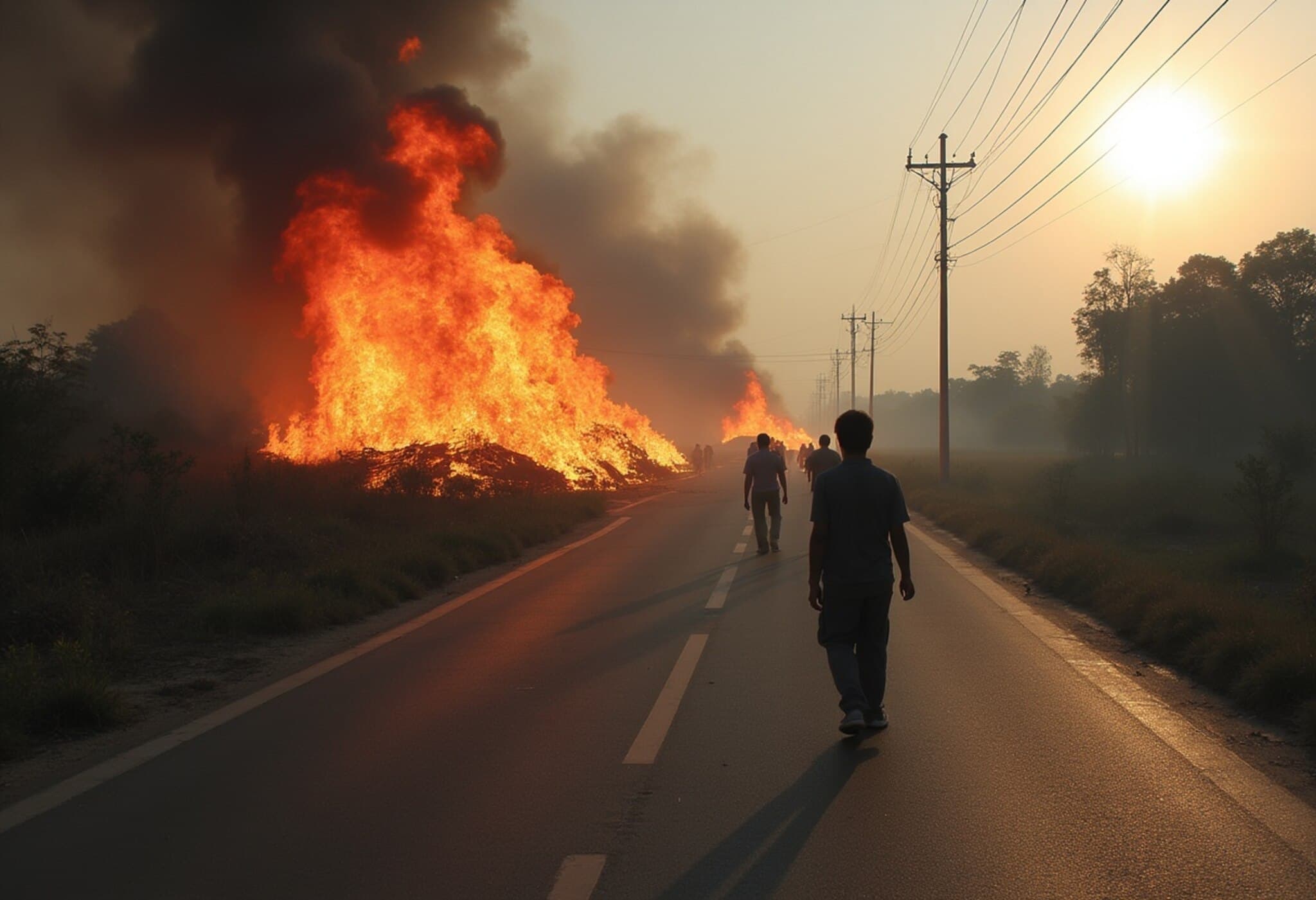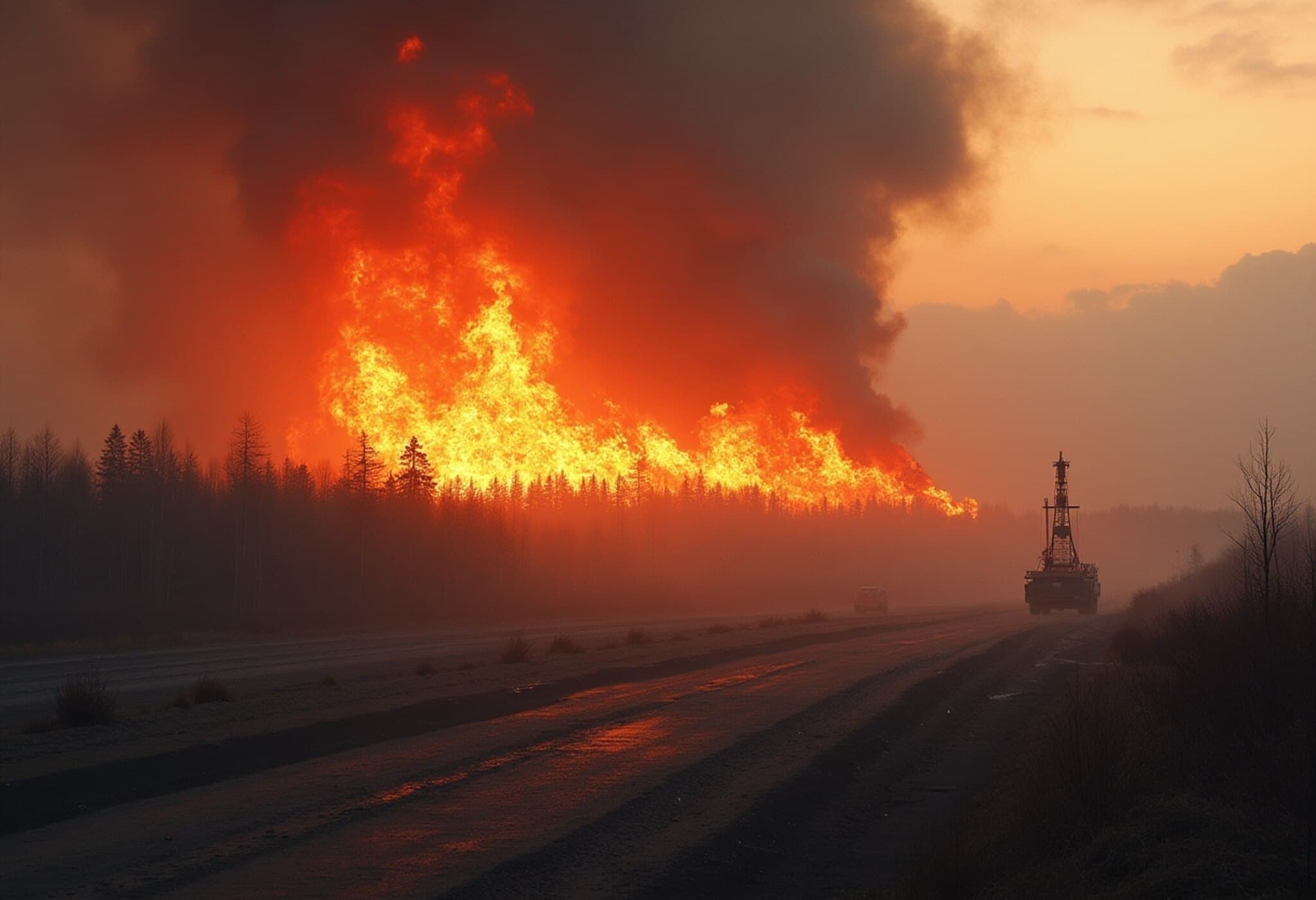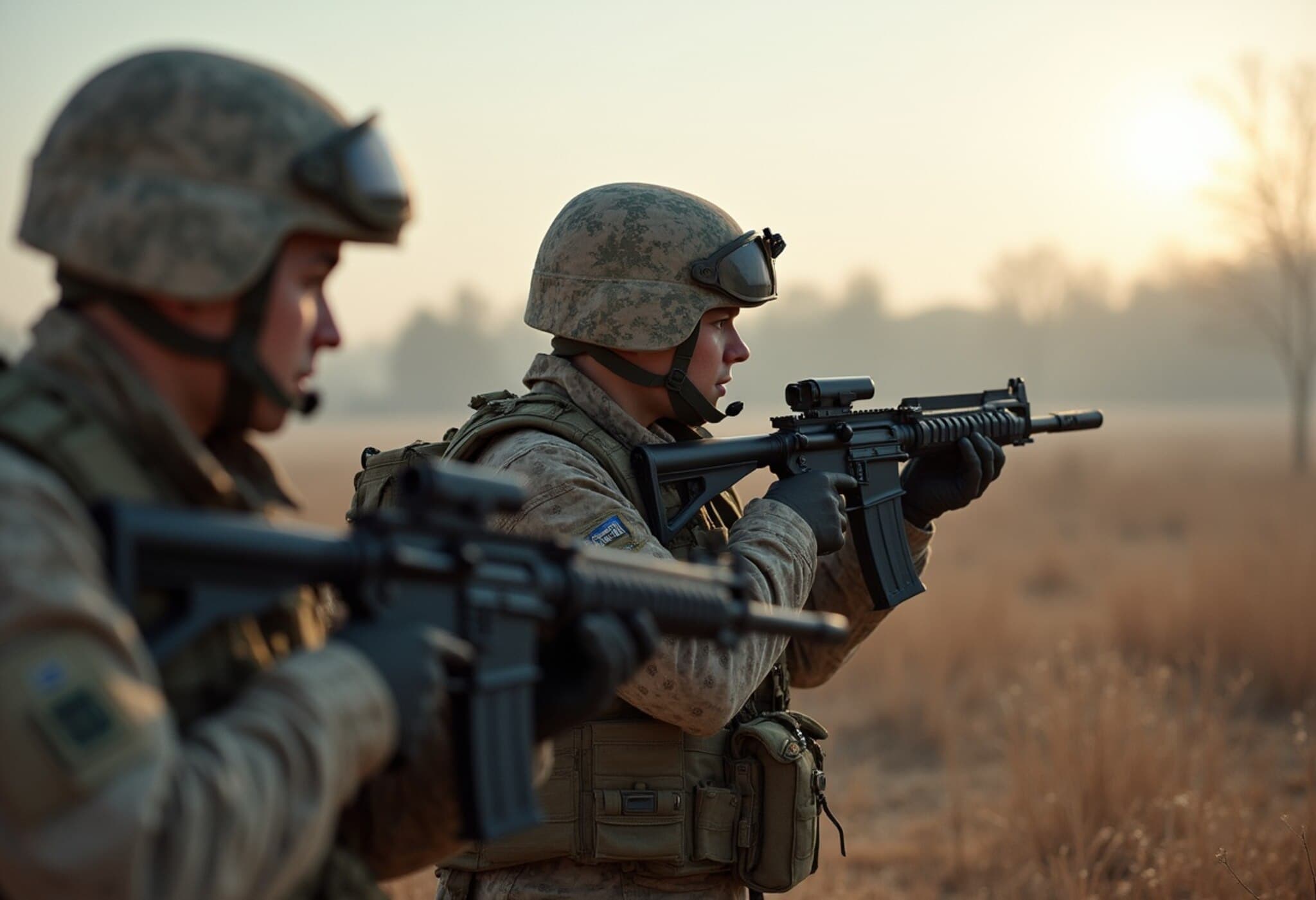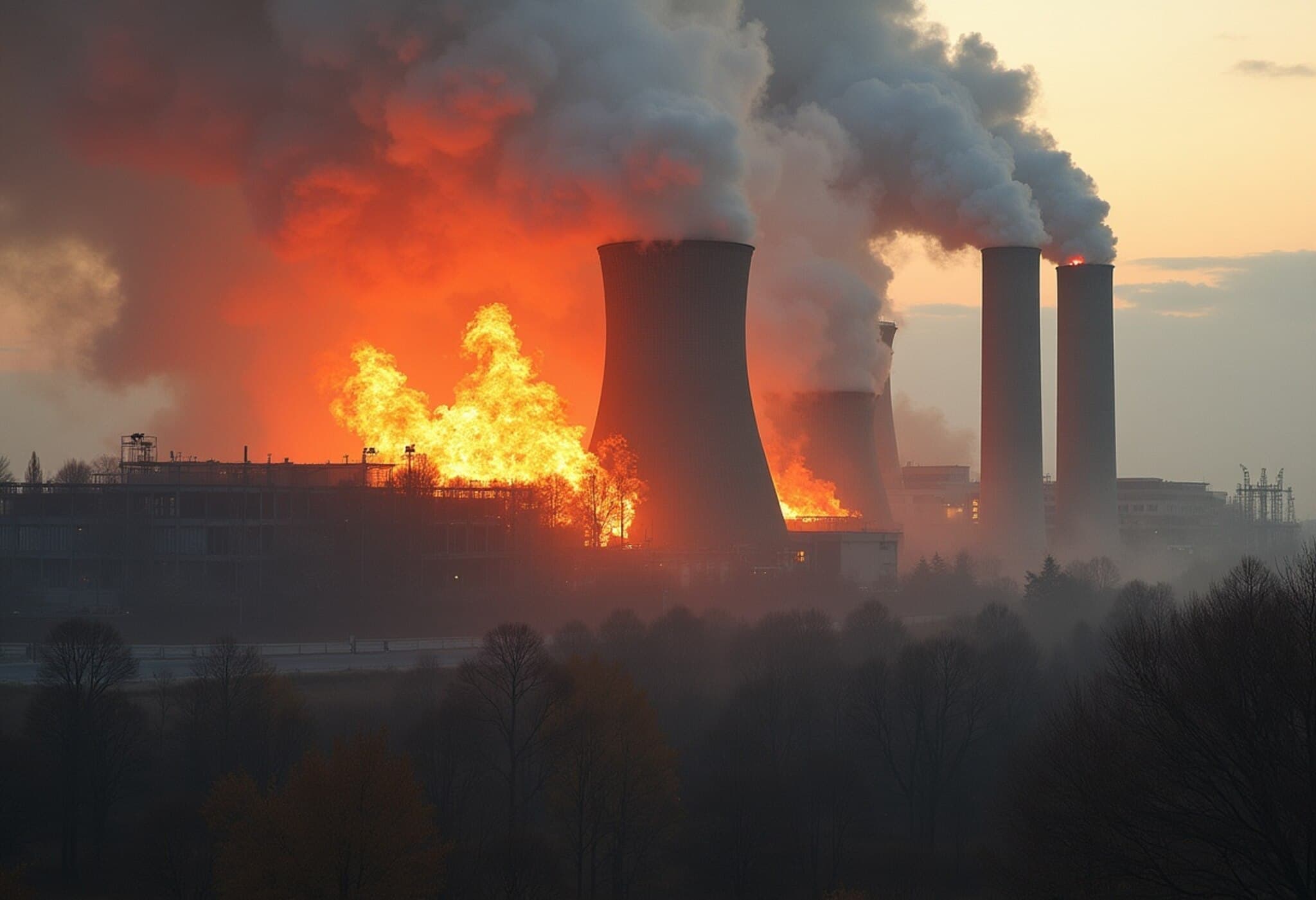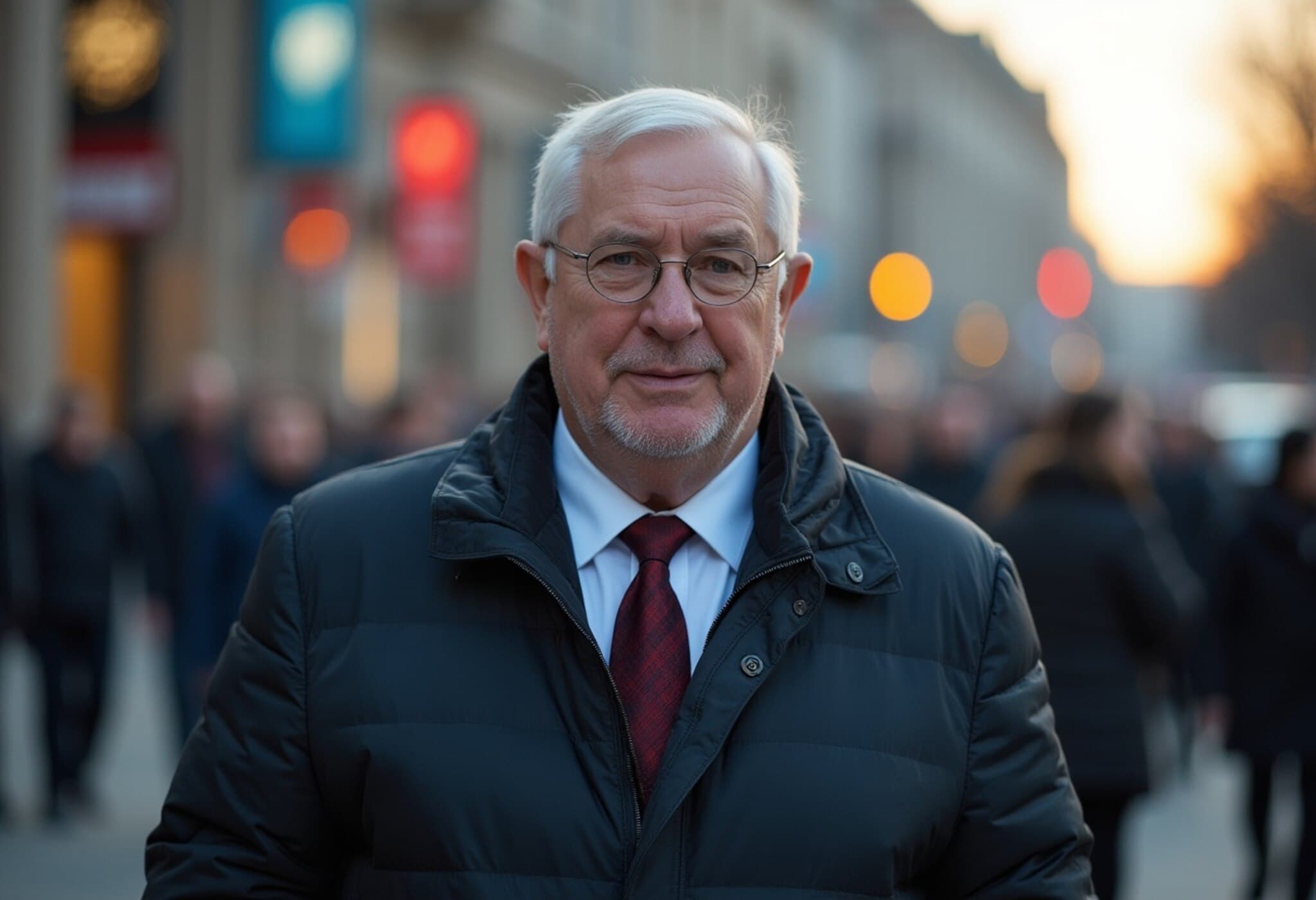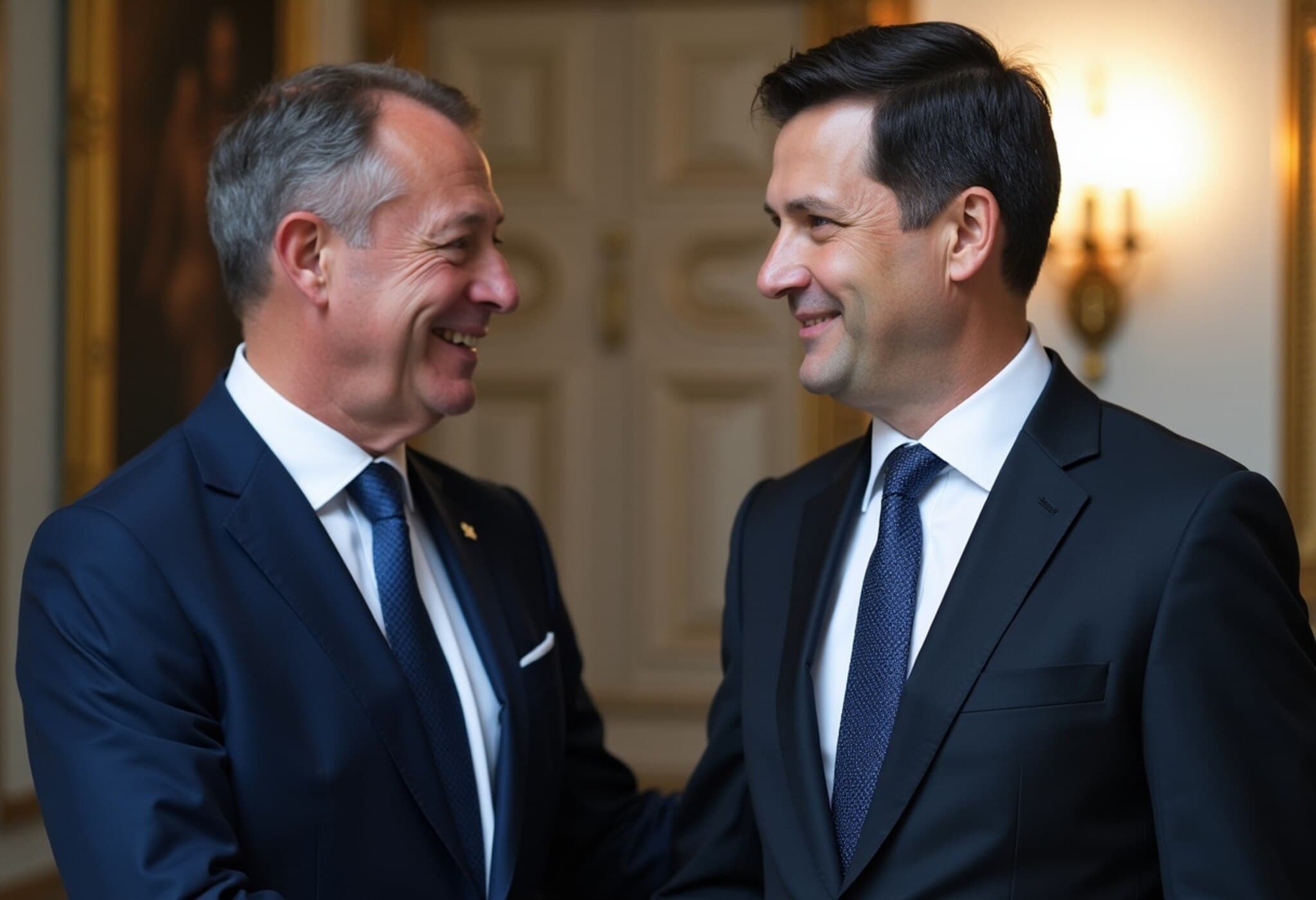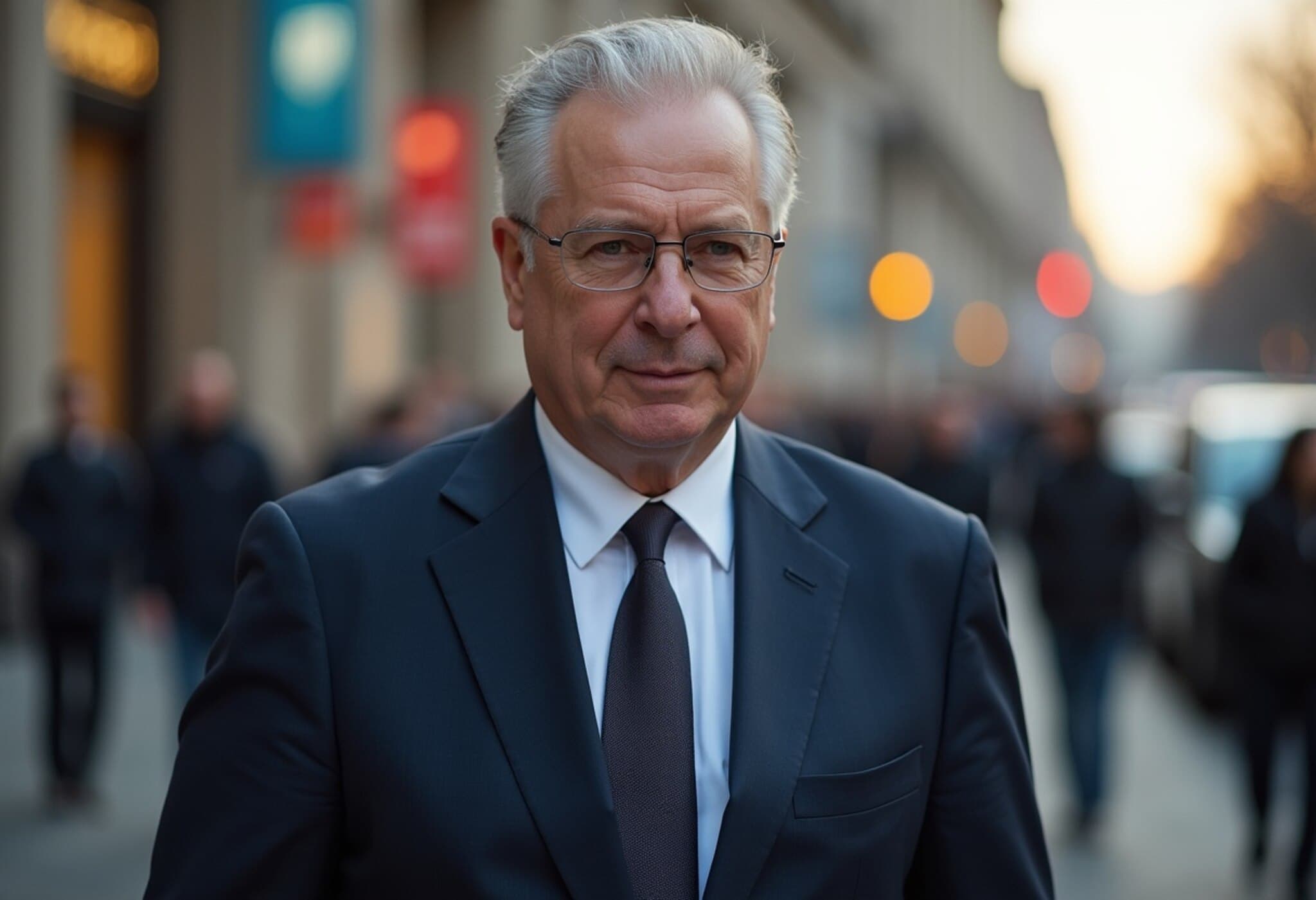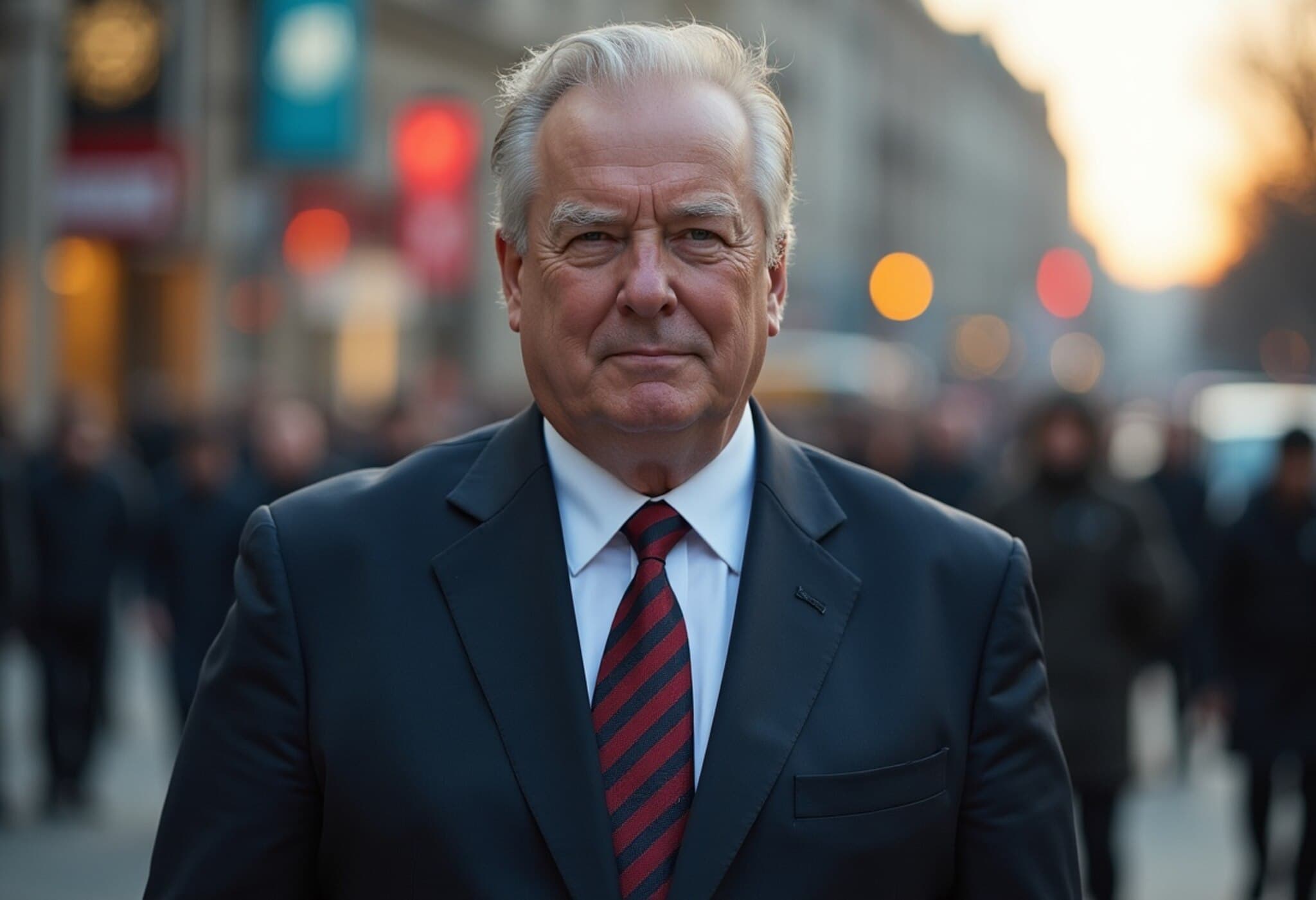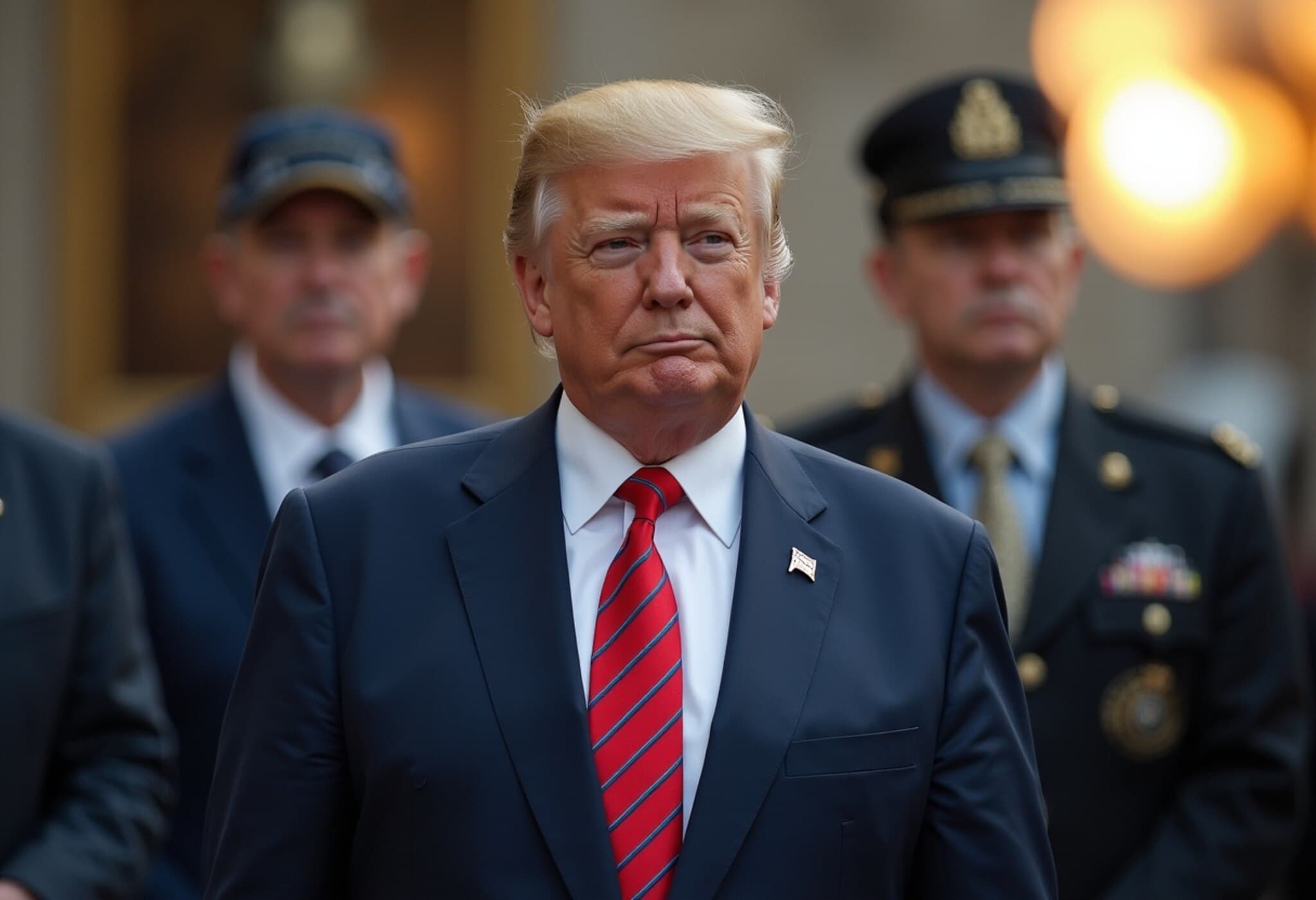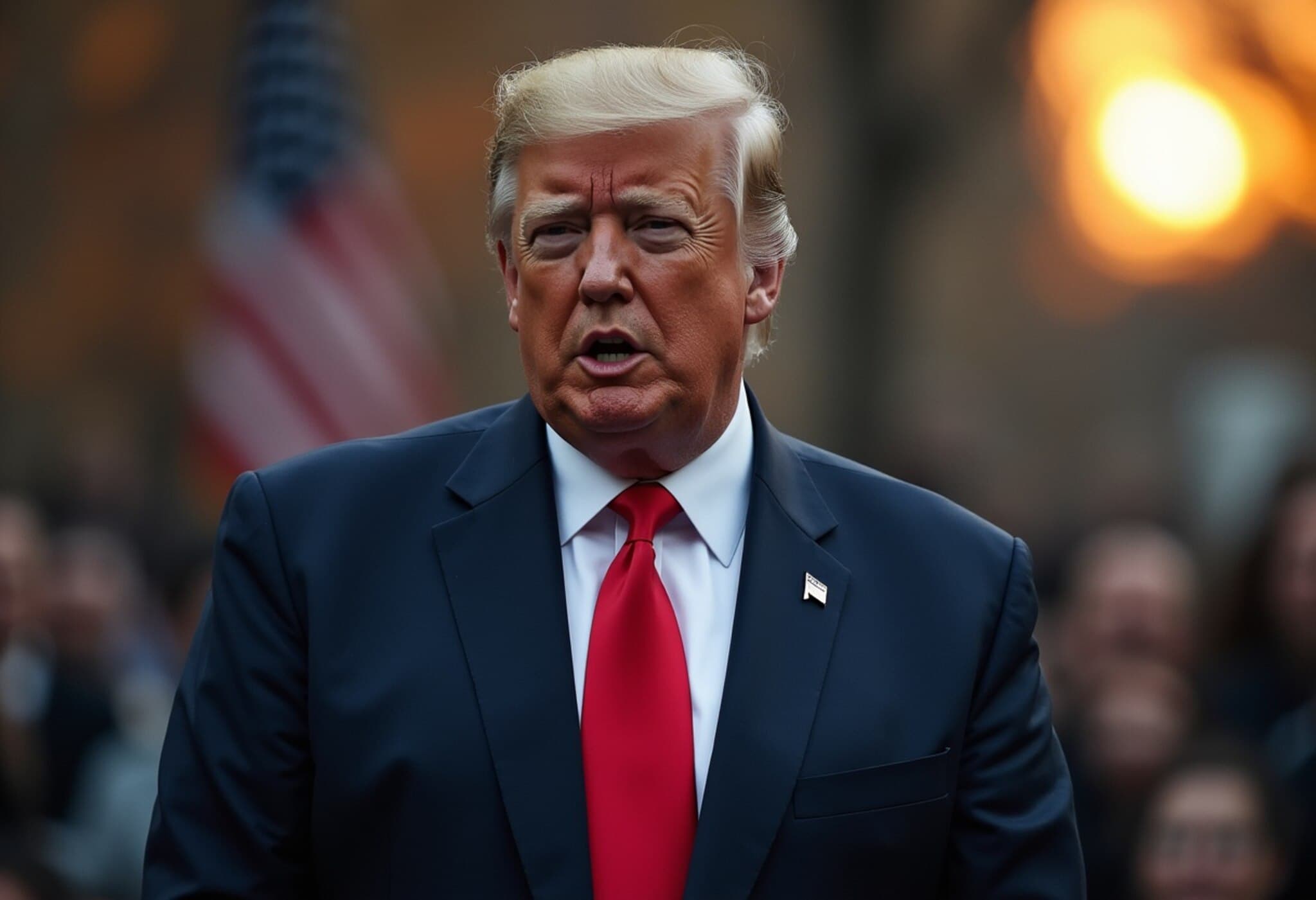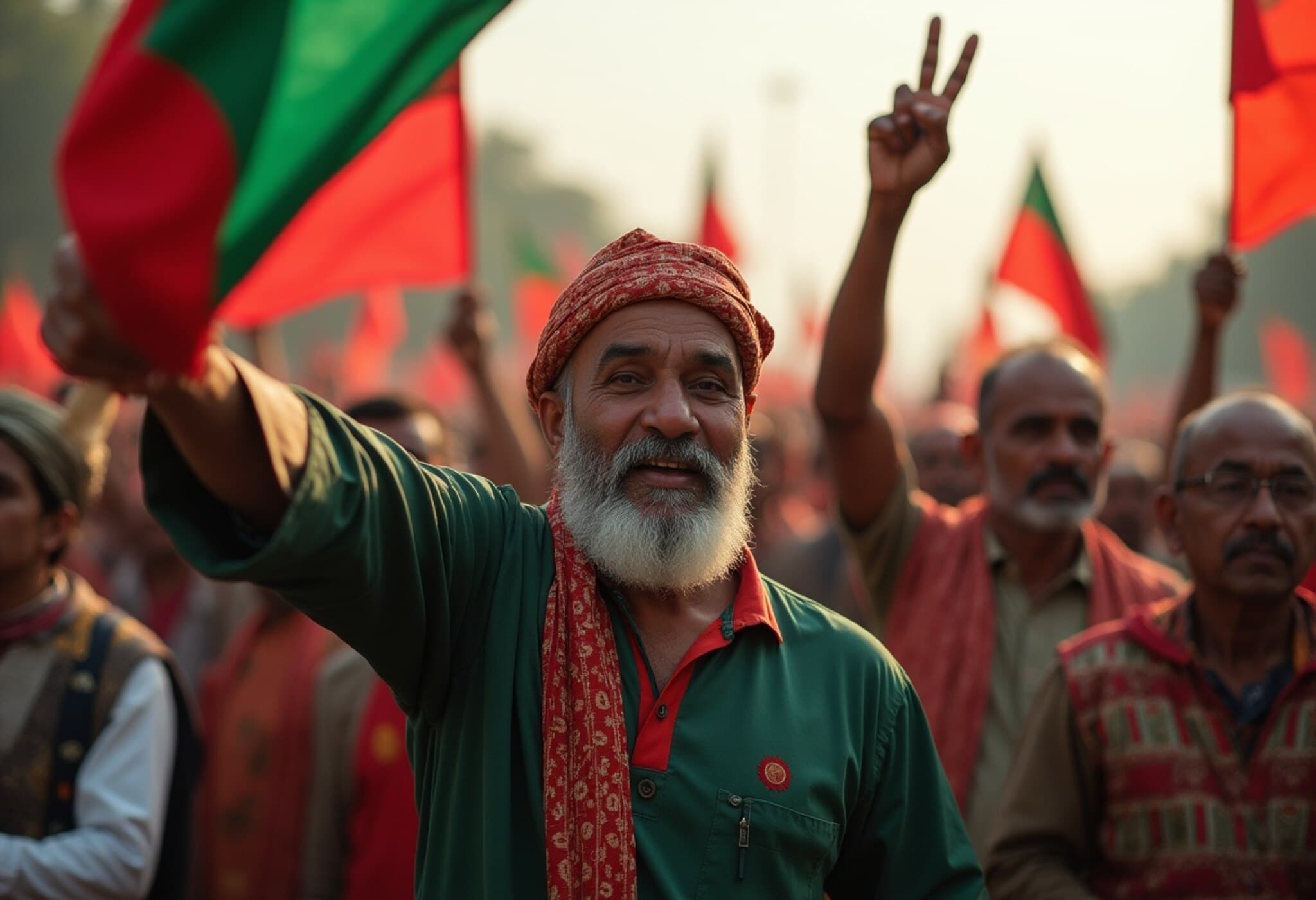Ukraine Pushes for Renewed Peace Talks Amid Ongoing Conflict
In a hopeful yet urgent appeal to end months of suffering, Ukrainian President Volodymyr Zelenskyy announced on Saturday that Kyiv has formally offered Moscow a fresh round of peace negotiations to be held next week. The goal? To expedite a ceasefire and bring the devastating war to a close.
Zelenskyy’s Call for Breakthrough and Accountability
Speaking during his nightly address to the nation, Zelenskyy emphasized, "Everything must be done to reach a ceasefire," and pressed Russia to stop avoiding meaningful decisions. His words underscore not only the urgent desire for peace in Ukraine but also the frustration with Moscow’s reluctance to change course.
The History and Challenges of Previous Talks
Over the last five months, both governments have met twice in Istanbul, marking significant diplomatic efforts amid intense fighting. While these earlier talks did lead to humanitarian milestones—such as prisoner exchanges—they failed to bring about substantive progress toward ending the conflict triggered by Russia’s 2022 invasion.
Ukrainian negotiator Rustem Umerov, who spearheaded the Istanbul meetings and recently became head of Ukraine’s National Security and Defence Council, has transmitted the latest offer to Moscow. Ukraine hopes that new leadership in this critical diplomatic role will provide the fresh impetus needed to overcome longstanding deadlocks.
Current Conflict Dynamics and International Pressure
The war continues to rage particularly hard in the eastern Donetsk region, where Russian forces maintain a grinding offensive. Despite declaring readiness for talks, Russia has held firm on its expansive war aims—stances that Kyiv and its Western allies describe as intransigent and maximalist.
Meanwhile, global powers are watching closely. Notably, former U.S. President Donald Trump, who recently adopted a tougher stance against Russia amid escalating air strikes on Ukrainian cities, warned earlier this month of imposing stricter sanctions should a peace deal not be achieved within 50 days. This highlights the high international stakes and the mounting pressure on both sides to find common ground.
Why This Moment Matters
- Escalation of human suffering: The war has inflicted immense civilian casualties, displacement, and economic hardship, making a ceasefire imperative.
- Geopolitical ripple effects: Prolonged conflict affects global energy markets, food security, and international alliances.
- Diplomatic opportunities: New talks represent a critical chance to break the stalemate and build momentum toward a lasting peace.
Experts suggest that trust-building measures, coupled with more flexible negotiation frameworks, will be essential for any meaningful breakthrough. Analysts also caution that while dialogue is indispensable, it must be matched by commitments on the ground to de-escalate hostilities.
Looking Ahead: Key Questions
- Will Moscow respond constructively to Ukraine’s renewed overture, or continue to assert its hardline stance?
- Can international diplomatic actors leverage their influence effectively to bridge differences?
- What role will domestic political developments on both sides play in shaping the peace process?
- How will civilian populations be protected and supported as talks proceed?
As the world watches, the urgency to find a path to peace for Ukraine—and broader regional stability—has never been greater.
Editor’s Note:
President Zelenskyy’s call for renewed talks is a crucial development amid an otherwise entrenched and brutal conflict. This gesture not only signals Ukraine’s commitment to diplomacy but also highlights the immense challenges that remain. Readers should consider the complex interplay between military realities, diplomatic negotiations, and international pressures shaping this ongoing crisis. The coming weeks will reveal whether dialogue can truly pave the way for peace or if further geopolitical tensions will deepen the divide.

